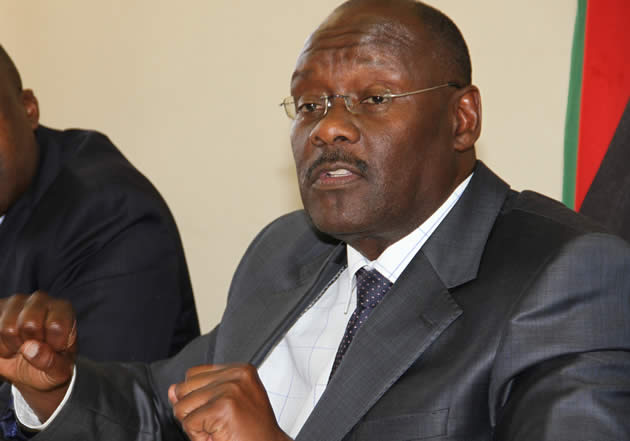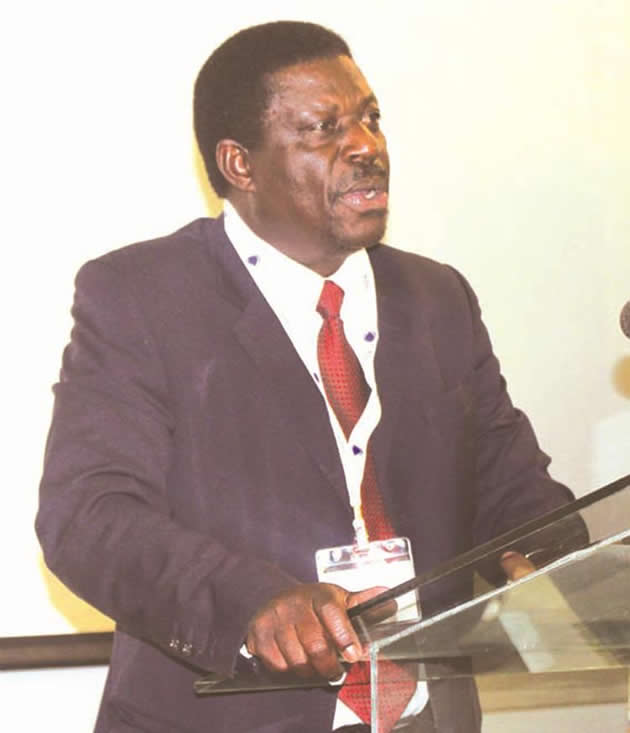Doctors hike medical consultation fees

Paidamoyo Chipunza Health Reporter
Doctors have increased medical consultation fees by more than 100 percent from US$20 to US$50, while specialists are now charging up to US$120 from US$60, threatening the existence of medical aid societies which cannot cope with the increases. This has resulted in increased cases of patients on medical aid paying either a co-payment or incurring a shortfall after receiving treatment, affecting their access to health care.
Health and Child Care Minister Dr David Parirenyatwa yesterday said the practitioners should wait for a gazetted tariff which is coming soon.
He said those increasing the tariffs were taking advantage of the absence of an agreed tariff.
Of late, medical aid societies and service providers were failing to come up with a common tariff that ensures people on medical aid access treatment without paying a co-payment or a shortfall.
“A lot of work with regards to medical tariffs have been done already and very soon we would be gazetting the new tariffs,” he said.
“Once gazetted, the tariffs will be legally binding and we expect everyone to comply.”
Minister Parirenyatwa said the new tariff would be favourable to both the practitioners and the medical aid societies.
“The gazetted tariffs will be based on striking a balance between medical aid societies and service providers,” he said. “They were also reached after wide consultations between both parties.”
Separate interviews conducted by The Herald yesterday showed that individual doctors were increasing tariffs without considering the plight of their patients.
Government ordered all service providers not to increase tariffs until it imposed the envisaged uniform tariff.
Zimbabwe Medical Association chairman of the national tariff liaison committee Mr Chad Tarumbwa confirmed the increases, saying the tariffs were actually set in April.
“You will realise that very few practitioners are charging that amount because they fear that medical aid societies will withdraw their members to their own clinics,” he said.
Mr Tarumbwa said ZiMA actually wanted the general practitioners to charge US$60 for the first visit and then US$40 for a review.
He claimed that the increases were necessitated by the increase in cost of living, but this is despite that official statistics show that inflation has remained low in the past four years, being recorded at 0,59 percent in October.
Mr Tarumbwa said the Association of Healthcare Funders of Zimbabwe (AHFoZ), an organisation for medical aid societies, wanted the tariffs to remain at US$20, but that had resulted in co-payments and shortfalls because of the increase in charges.
He said all along doctors and hospitals were guided by tariffs set by ZiMA at US$50 for consultation, while medical aid societies followed tariffs set by the AHFoz which were at US$20.
This meant that there was disagreement between the two bodies on the actual tariffs.
Although no official comment could be immediately obtained from AHFoZ yesterday, some medical aid societies insist that employees’ salaries were still too low to cater for an increase in tariffs.
They said they would have no choice but to increase the contributions if the doctors did not rescind the tariff increase.
This would add more burden to workers who are already failing to make ends meet in a country plagued by a liquidity crunch.
An official at Premier Service Medical Aid Society said the practitioners should reverse the increases.
“Charges by surgeons on procedures are exorbitant compared to other countries in the region,” said the PSMAS official.
“Medical costs of sending a member outside the country, including their accommodation and flights are actually cheaper than having the procedure locally.”










Comments